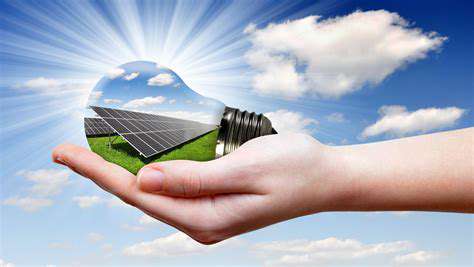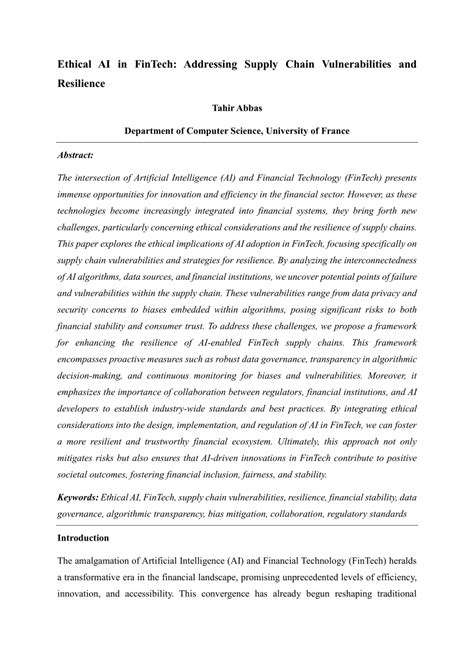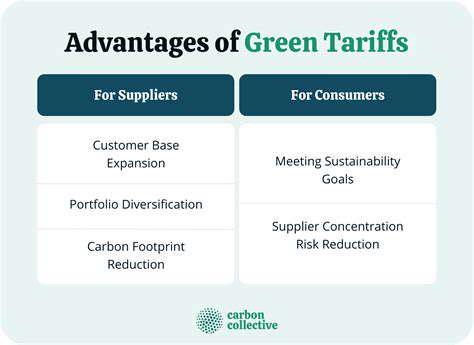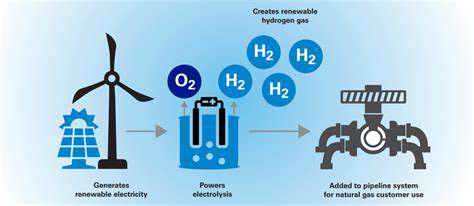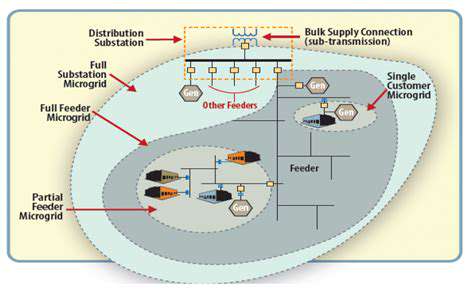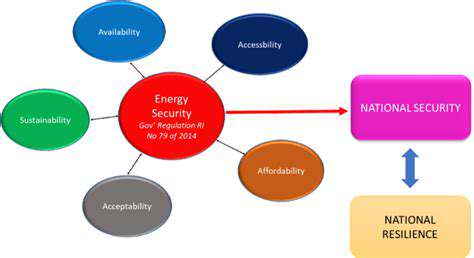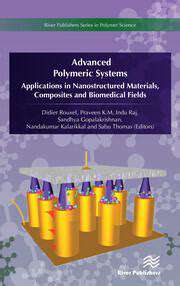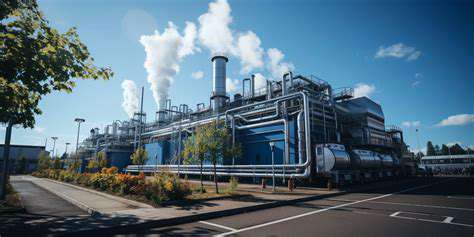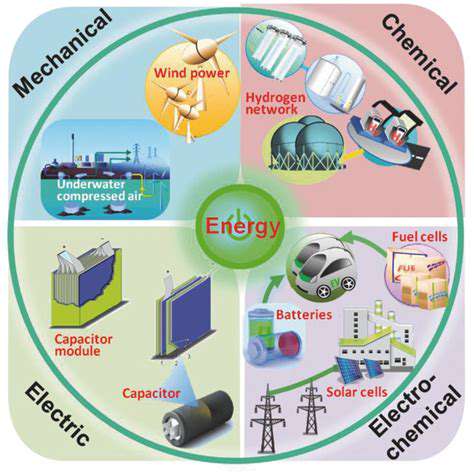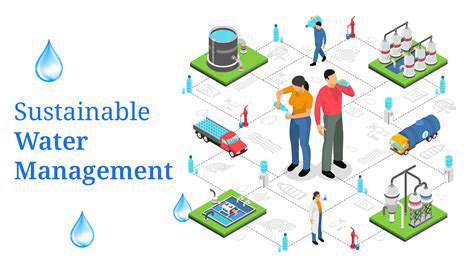Rooftop Solar Installation: Step by Step for Your Home
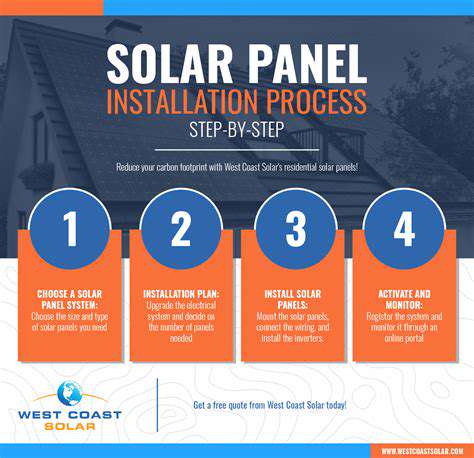
Maintaining Your Solar Panel System
Cleaning and Inspection
Regular cleaning is crucial for maintaining optimal solar panel performance. Dust, dirt, leaves, and other debris can significantly reduce the amount of sunlight absorbed by the panels, leading to a decrease in energy output. A simple hose-down or soft brush is often sufficient, but be sure to avoid harsh chemicals or abrasive tools that could damage the panels' surface. Scheduled inspections should also be performed to check for any physical damage, such as cracks, loose connections, or bird nests, which could compromise the system's integrity and efficiency.
Monitoring System Performance
Using a monitoring system allows you to track your solar panel system's energy production in real-time. This data helps identify any performance issues, such as shading from trees or other obstructions, or potential problems with the inverter or wiring. Regularly reviewing the data can reveal patterns and trends, enabling proactive maintenance and preventing potential larger problems down the road. Many modern inverters offer monitoring capabilities through a mobile app or website.
Addressing Shading Issues
Over time, trees or other structures can cast shadows on your solar panels, reducing their efficiency. Regularly checking for shading is important to maintain high energy output. Identifying the source of shading allows you to take corrective action, such as trimming trees or adjusting the panel placement, if possible. If shading is unavoidable, you might consider additional panels to compensate or explore alternative mounting options that minimize obstruction.
Keeping Electrical Connections Secure
Inspecting and tightening all electrical connections is essential to ensure the safe and efficient operation of your solar system. Loose connections can lead to overheating, potential fire hazards, and reduced energy output. Regular checks and tightening of connections, including the inverter and wiring, can prevent these issues. An experienced technician can help identify problem areas and ensure that everything is properly secured.
Addressing Inverter Issues
Inverters convert the DC power generated by the solar panels into AC power usable by your home. Problems with the inverter can significantly impact the system's performance and reliability. Monitoring the inverter's operation and watching for any unusual sounds, smells, or temperature increases are vital. The inverter's manufacturer's instructions should be consulted for specific maintenance procedures and troubleshooting steps.
Maintaining Panel Mounting Structure
The mounting structure supporting your solar panels plays a critical role in the system's long-term stability and performance. Regular inspections should be performed to check for any signs of damage, such as corrosion, rust, or stress points. Ensuring the mounting structure is properly secured and stable is important to prevent potential safety hazards and structural failures. Consider professional inspections for more complex or older installations.
Responding to Weather Events
Extreme weather events, such as storms, hail, or heavy snow, can impact the performance and integrity of your solar panel system. After severe weather, it's crucial to inspect the panels for any physical damage. Damaged panels should be repaired or replaced promptly to restore optimal function. Consider protective measures, such as securing loose objects, to prevent further damage during future events. Understanding and responding to these events is crucial for system longevity and continued efficiency.
